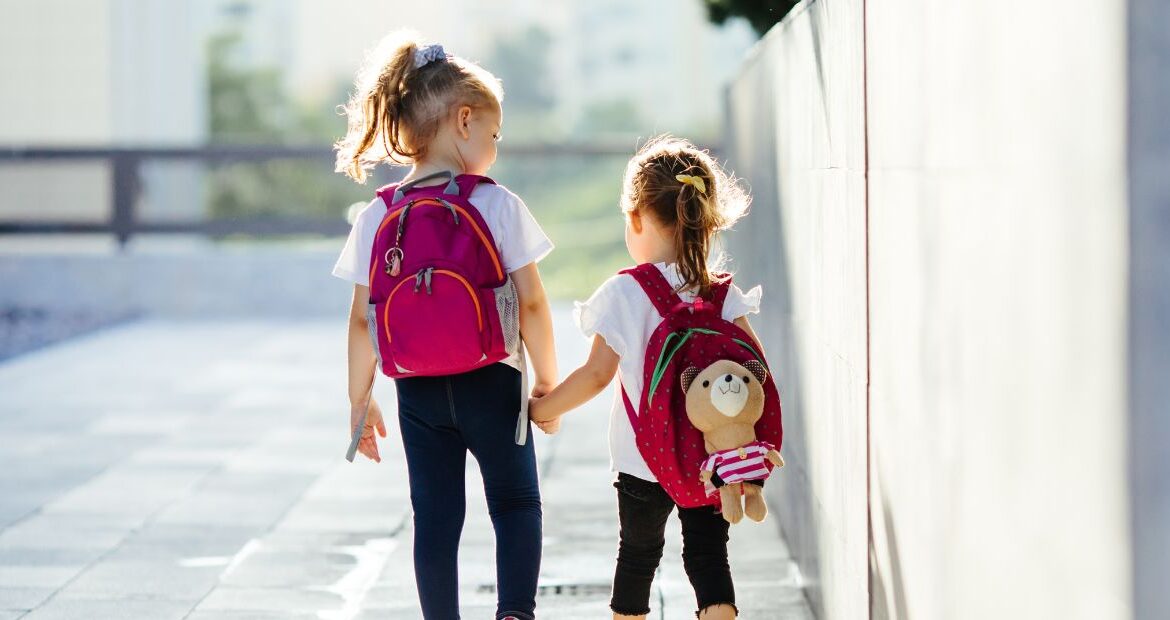
Imagine this: you’re elbow-deep in textbooks, prepping for a big math test, when your parents announce, “We’re moving!” Suddenly, the familiar routine of school hallways, friendly faces, and the comforting hum of classroom discussions fade into uncertainty. This scenario, while not uncommon, throws students into a whirlwind of emotions and challenges.
School relocations, whether due to family relocations, academic pursuits, or even school closures, can significantly impact a student’s well-being. While some might see it as an exciting adventure, others might experience a range of anxieties and difficulties.
Let’s jump deeper into the potential roadblocks students face during school transitions and explore effective strategies to help them navigate this period smoothly.
Read our guide on Simple Tips for Storing Valuables and Keepsakes For Relocations
School Relocation and Their Impact on Students
The Emotional Tug-of-War: Loneliness and Lost Friends
Let’s be honest, our school years are heavily intertwined with friendships. They’re the partners-in-crime during lunch breaks, the shoulder to cry on during a bad grade, and the source of endless laughs. Relocation disrupts this established support system, and feelings of isolation and loneliness can creep in.
Picture Sarah, a bookworm who thrived in her old school’s book club. Now, in a new environment, she struggles to find peers who share her passion. This can lead to a dip in self-esteem and a sense of not belonging.
Academic Jitters: A New Curriculum, New Teachers
School isn’t just about friendships; it’s about academic progress. Every school has its unique teaching styles, curriculum variations, and even expectations. Imagine moving from a school with a heavy emphasis on project-based learning to one focused solely on traditional exams. This shift can be jarring, impacting a student’s ability to perform well in the initial stages.
Consider David, who excelled in his previous school’s hands-on science labs. Now, he struggles to grasp concepts in a new school with a more theoretical approach. This can lead to frustration and a decline in academic performance.
Addressing the Challenges
1. Early Communication
Open and transparent communication is key when preparing students for a school relocation. Providing advance notice and keeping students informed about the reasons behind the move can help alleviate anxiety and uncertainty. Additionally, offering opportunities for students to ask questions and express their concerns can empower them to cope with the changes more effectively.
2. Orientation Programs
Hosting orientation programs before the relocation can give students a chance to familiarize themselves with the new school environment and meet their future classmates and teachers. These programs can include guided tours, interactive sessions, and team-building activities designed to ease the transition and foster a sense of belonging.
3. Peer Support Networks
Creating peer support networks within the school community can provide students with a valuable source of emotional support during the relocation process. Pairing incoming students with existing ones as “buddies” can help facilitate friendships and ease the integration into the new social fabric. Moreover, establishing support groups or counseling services can offer a safe space for students to share their feelings and seek guidance from trained professionals.
4. Academic Support
Recognizing the academic challenges that students may face during a school relocation, educators should be prepared to provide additional academic support and resources as needed. This may include tutoring sessions, study groups, or personalized learning plans tailored to individual student needs. By addressing academic concerns proactively, educators can help students stay on track with their learning goals despite the disruptions caused by the relocation.
5. Community Engagement
Involving the broader community in the relocation process can foster a sense of unity and collective ownership among students, parents, and stakeholders. This could involve organizing community events, volunteering opportunities, or collaborative projects that bring people together across generations and backgrounds. When fostering a sense of belonging and shared responsibility, communities can help ease the transition and create a supportive environment for students to thrive in their new school setting.
Final Words
The impact of school relocations on students can be significant, affecting their academic performance, social well-being, and emotional stability. However, implementing proactive strategies can help ease the transition for relocating students and ensure they have the support they need to succeed.
Moving can be overwhelming, but it doesn’t have to be. At Universal Relocation, we understand the unique challenges families face during relocation, especially for their children’s well-being. We offer personalized support services to ensure a smooth transition for students.

 800-13-7356
800-13-7356
